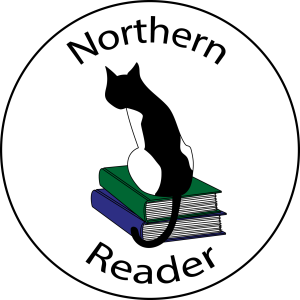The Midnight News by Jo Baker – a novel of a young woman in upheaval in 1940 and the London Blitz


The Midnight News by Jo Baker
This is a powerful and intense novel set in the London Blitz of the Second World War. It is enthralling, atmospheric and a little disturbing. It is narrated mainly through the point of view of Charlotte Richmond, a twenty-year-old woman with a disturbed past in 1940, when she has made a break for relative freedom in a city that is rapidly becoming accustomed to nightly bombing which is a total upheaval for many of the people left, a profound upheaval mirrored in the mind of Charlotte. As a reader I found this an unsettling, brilliantly written book, which often made me stop and admire the power of the writing.
Early in the novel the first raid is likened to an unexpected sound on the streets of London. “She can also hear a waterfall, and there are no waterfalls round here.” Charlotte does not tell her own story, but it follows her progress, her confusion and bafflement of what is happening. It explores the nature of friendship, of life experience, of contrasting family situations. Charlotte’s silent thoughts, of how despite a relatively wealthy background she is forced to count out her money that she earns for “essential war work”, is revealing of how she really lives. She finds a welcome in a boarding house, in sharp contrast to a background she has rejected, which may have rejected her. When a tragedy rocks her life, when she finds her whole view of life upset by how what is happening to everyone seems particularly awful for her, she feels threatened on every front. Her thoughts become dominated by her friends in several ways, even her remarkable godmother seems unusually preoccupied. Her typing job seems pointless, despite her being told that every piece of information is vital.
In a London being reformed on a nightly basis, where nothing is certain, Charlotte becomes convinced that she is being watched, pursued from and by a shadow man. Terrified of what is happening around her, to her, she makes decisions, attempts to make connections, but is left distressed. The only hope seems to be with a young man who she sees feeding the birds, a habit which is frowned on in a time of increasing food shortages. Tom’s gentle, non-threatening actions provide an alternative for Charlotte as she desperately seeks to silence the voices, the disturbance she feels. Tom is the only other character given his own story in the book; hesitant but supported by his family, challenged in many ways, permanently wondering.
This is a novel that twists and turns, with surprises at every turn, with challenges for every character, with real pain on many levels. It contains so many ideas, of the nature of family, of friends, of the truth in a time of upheaval in so many ways. For me it had echoes of Sarah Waters’ “Nightwatch”, where expectations are overturned, where desperate young women try to exist in a world completely changed overnight. This is a painfully honest book, with a strong inner dynamic of a disturbed and disturbing character and surprising twists and turns throughout. I really recommend it as an enthralling and significant novel of women’s experiences of the Second World War in all the messiness and unpredictability.

